If your fridge is blowing warm air, it’s frustrating and can spoil food fast. The good news is many cooling problems have easy fixes you can try before dialing a repair service. Below are the most common reasons a fridge stops cooling and what you can do right now.
Start with the easiest things. Make sure the fridge is plugged in securely and the outlet works – try another appliance in the same socket. Look at the temperature controls; sometimes they get bumped and set too high. Reset them to the recommended setting (usually 3‑4 on the dial or 37‑40°F for the fridge compartment).
Next, pull the fridge away from the wall and give it room to breathe. Dust on the condenser coils reduces heat exchange and makes the compressor work harder. Use a vacuum or coil brush to clean the coils, which are usually on the back or beneath the unit. A quick clean can improve cooling dramatically.
If the basics don’t help, the problem might be deeper. A faulty door seal lets warm air in, so run a thin dollar bill along the gasket; if it slides out easily, the seal needs replacing. Check the evaporator fan inside the freezer – it should spin when you open the door. No movement means the fan motor or its wiring is bad, and you’ll likely need a professional.
Another culprit is a blocked defrost drain. When ice builds up and melts, the water should flow to a pan and evaporate. If the drain is clogged, water pools and raises the temperature inside. A cup of hot water poured down the drain tube can clear minor blockages.
Finally, pay attention to the compressor. You should hear a low hum and feel some vibration. If it’s silent or making loud clicks, the compressor or its start relay may have failed. This is a job for a qualified technician, as handling refrigerant requires certification.
When you’ve tried these steps and the fridge still isn’t cooling, it’s time to call in experts. Professional appliance repairers can test the refrigerant pressure, replace damaged components, and ensure the unit runs safely.
In most cases, a quick clean, a seal check, or a reset of the temperature dial solves the problem. Keep an eye on your fridge’s performance after each fix, and you’ll avoid costly repairs and food waste.
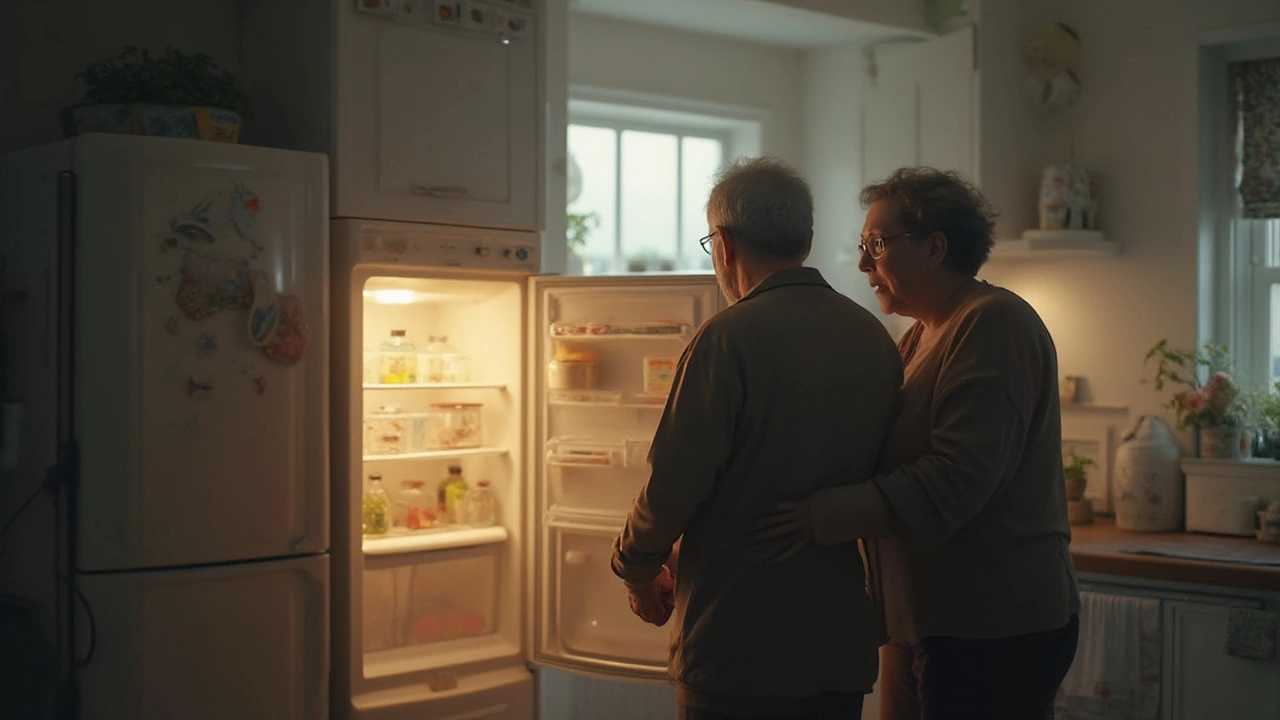
Fridge warm but the light works? Find out why your refrigerator isn’t cooling, common causes, fixes, and when to call in an expert. Easy troubleshooting tips inside.
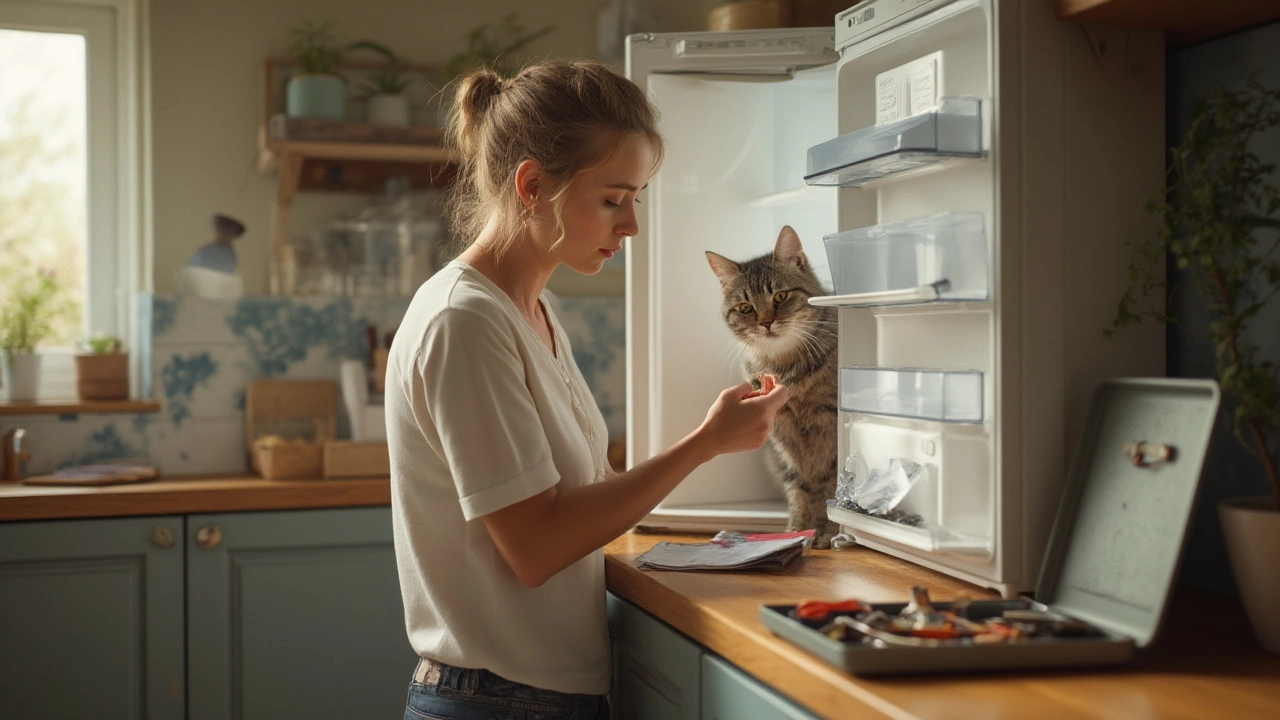
A practical guide for diagnosing common refrigerator problems, spotting signs of faults, and fixing them at home with tips and real-world facts.
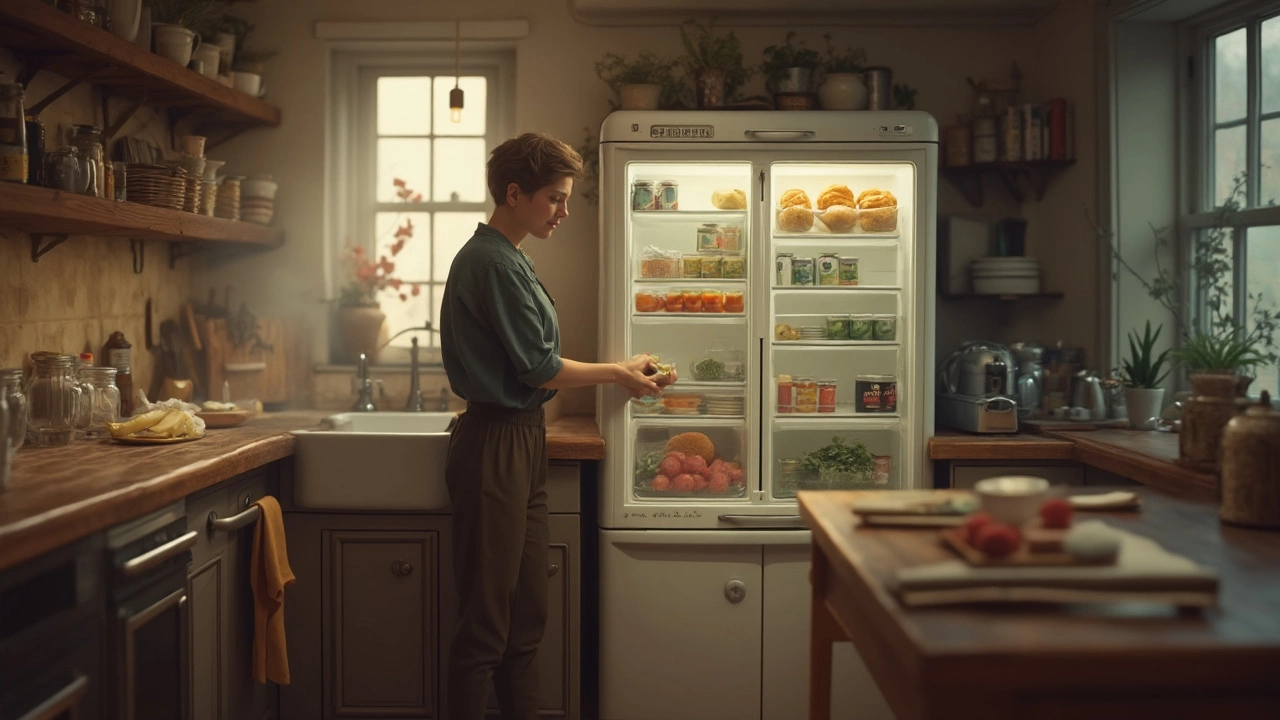
When your fridge stops cooling, it can be a real worry, especially with all that food at risk. Before you call the repairman, there are a few steps you can try yourself to bring your refrigerator back to life. From checking the thermostat settings to cleaning coils and examining door seals, you might find that a simple DIY fix does wonders. Understanding how these appliances work can also help prevent future hassles. This guide will walk you through the essential tips and tricks to get your fridge cooling again.
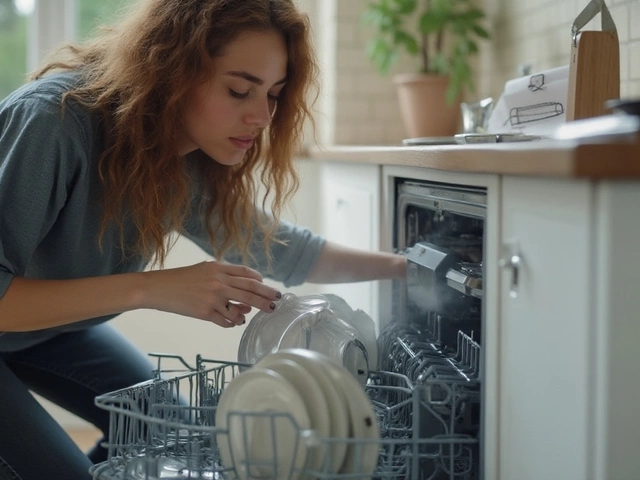
Determining whether your dishwasher requires repair or replacement can save you both time and money. This article guides you through recognizing common issues, assessing the efficiency of your current dishwasher, and deciding on repair versus replacement. Gain insights into the lifespan of dishwashers and learn handy tips for maintaining them. Make well-informed decisions about your kitchen appliances for a hassle-free experience.
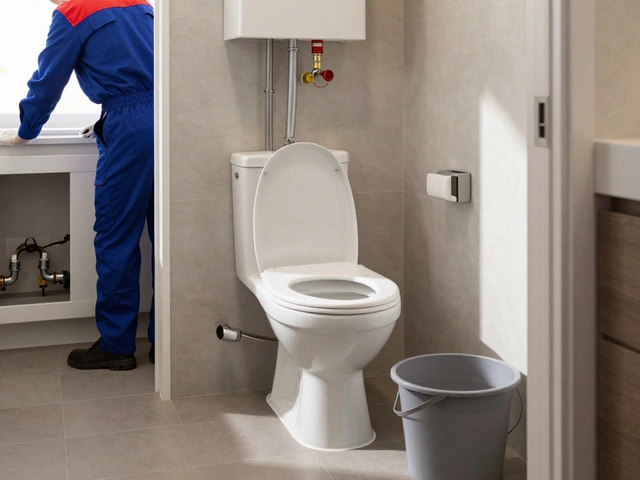
You can usually use the toilet when your boiler is being replaced, but water may be shut off during installation. Learn when it’s safe, how to flush without water, and what to ask your plumber to avoid surprises.
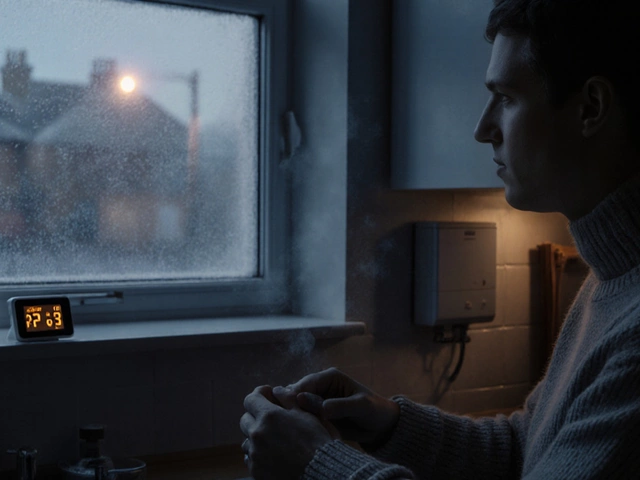
Find out how much boiler repair costs in 2025, what factors affect the price, typical price ranges, and tips to get fair quotes and save money.
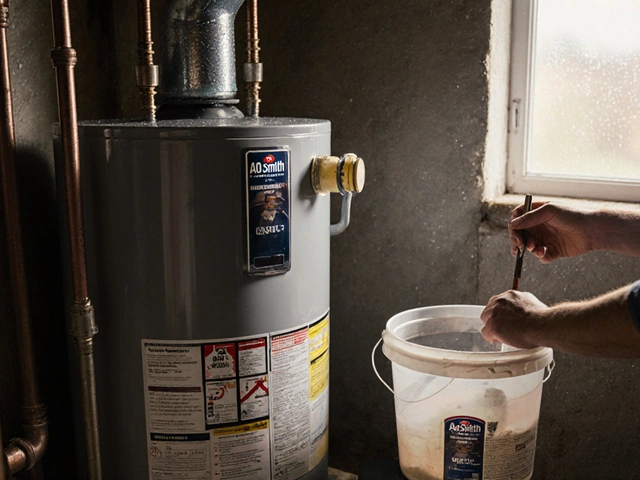
AO Smith, Bradford White, and Rheem are the most durable water heater brands, often lasting 12-15 years with proper maintenance. Learn what really affects lifespan and how to make your heater last longer.
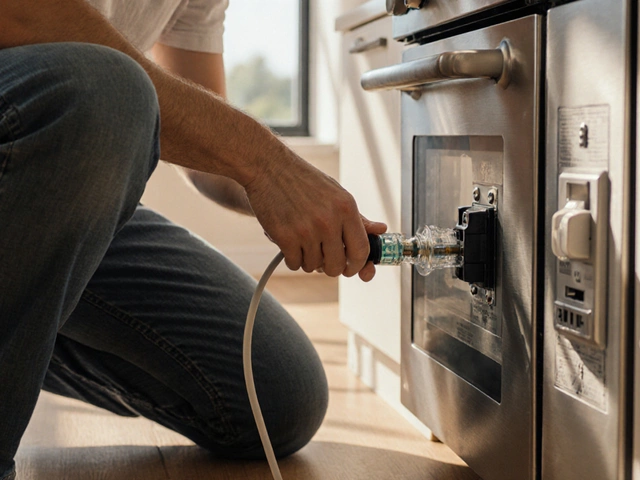
Learn why your electric oven suddenly stopped working, diagnose power, element, thermostat or safety fuse issues, and decide when to DIY or call a repair professional.